In this episode of The Abstract, Monica Zent, Managing Director at Law Innovation Agency and founder of ZentLaw, shares how she built a career by creating what didn’t yet exist. From launching one of the earliest ALSPs to investing in legal tech and AI, Monica reflects on her journey as a founder and innovator in a traditionally conservative industry. She offers actionable advice for lawyers, entrepreneurs, and in-house teams on spotting opportunity, embracing risk, and leading legal into the future.
Key Insights:
1. Entrepreneurship in Legal Wasn’t Always Cool — Monica Did It Anyway
Long before “legal ops” and “ALSPs” were buzzwords, ZentLaw challenged the billable hour and introduced managed legal services and subscription models — concepts inspired by HMOs in healthcare. Back then, few believed in it. Monica’s conviction came from seeing “around corners” before others did.
2. The Founder Paradox: Embrace Both Order and Ambiguity
Founders, she says, live in a yin-yang of calculated risk and chaos. Lawyers crave certainty; founders thrive in ambiguity. Her “founder paradox” highlights that both can coexist — structure provides stability, and risk-taking fuels innovation.
3. Resistance Is Normal — Change How, Not What, People Do
When facing pushback from clients or lawyers, Zent advises: don’t ask people to change how they work. Instead, slot innovation into existing workflows. Her success with ZentLaw came from adapting models like secondment and subscription without disrupting core habits — a lesson that applies equally to legal tech adoption today.
4. Founders Must Power Through Setbacks
For Zent, setbacks aren’t optional — they’re guaranteed. The real skill is agility: knowing when to pivot, streamline, or find a new market. “Setbacks cannot set you back,” she says. “You have to build the parachute as you fall.”
5. Law Schools Must Evolve
Zent argues for new legal education paths — programs that blend law, business, and technology. Law students should gain real-world experience, explore legal ops, and learn AI and tech fluency. “The law is a great foundation,” she says, “but it can power many careers.”
6. What She Looks for as an Investor
Zent evaluates startups based on three things:
Real problem-solving at scale
Timing — is the market ready?
Founder traits—resilience, clarity, and the paradoxical balance of logic and risk.
7. AI Is Legal’s Next Great Shift
Zent predicts AI will become “as ubiquitous in law as the internet.” It won’t replace lawyers — it’ll become their co-worker. Legal teams that embrace AI education and experimentation will lead; those who resist will fall behind.
8. Closing Insight
Tomorrow’s most impactful GCs won’t just manage risk—they’ll build scalable systems that move as fast as their companies do. Zent’s lesson? Be the steady hand and the bold visionary. That’s how modern legal leadership looks.
In this podcast, we cover
00:00 Introduction
02:23 Embracing entrepreneurship from a young age
03:25 Founding ZentLaw and challenging traditional models
05:49 The founder paradox: balancing vision and risk
08:36 Early struggles and inflection point for ZentLaw
10:09 Overcoming pushback and evolving with client feedback
11:52 Integrating innovation into legal workflows
15:10 Handling setbacks and staying agile as a founder
18:01 Choosing an unconventional legal path
22:11 Advice for law schools and future legal professionals
25:55 Becoming a legal tech investor and mentor
27:14 Signals of a Scalable Legal Tech Startup
29:03 Legal tech trends: compliance, privacy, and predictive AI
31:18 AI’s role in reshaping legal teams and workflows
36:18 Rapid-fire question

.svg)








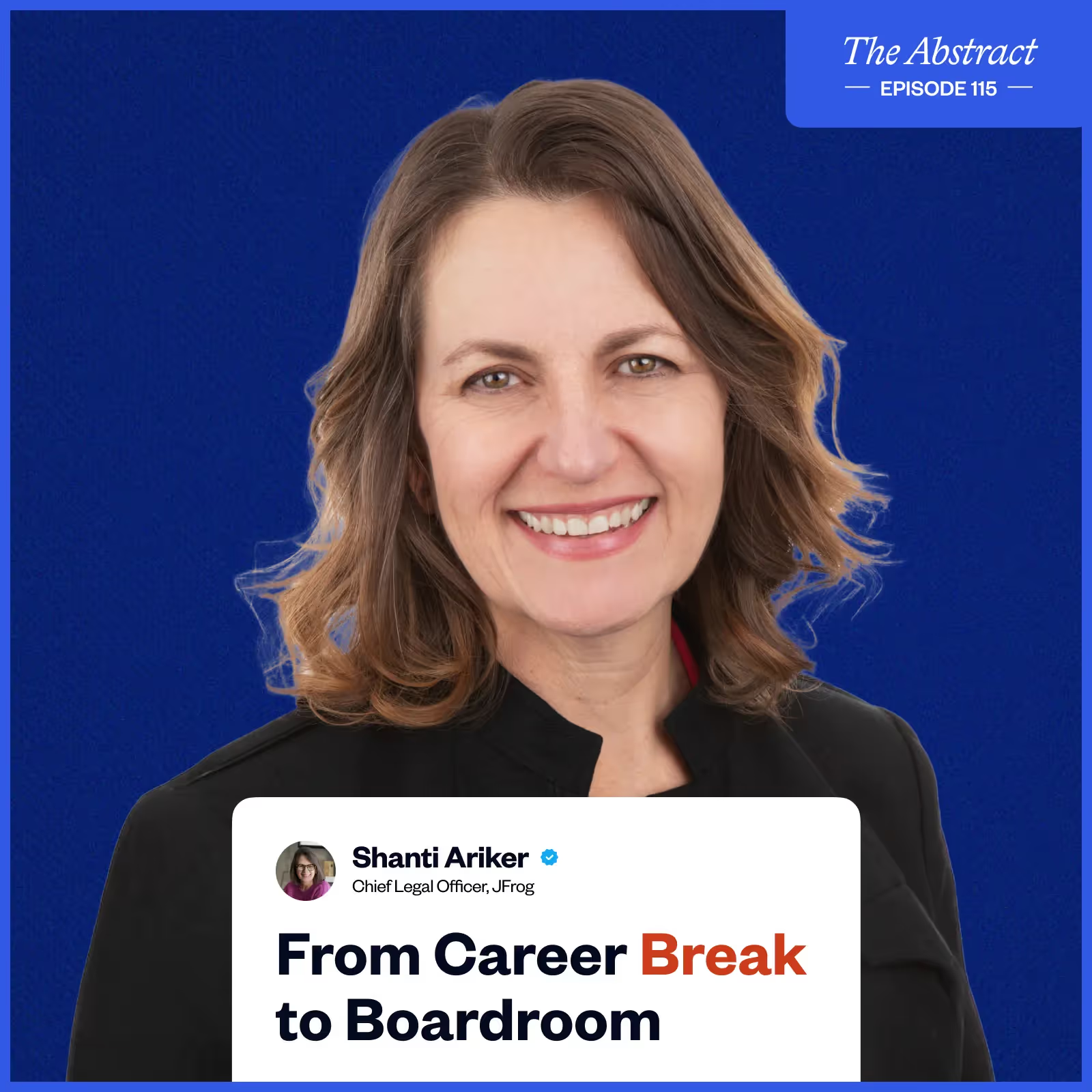
.svg)
.svg)

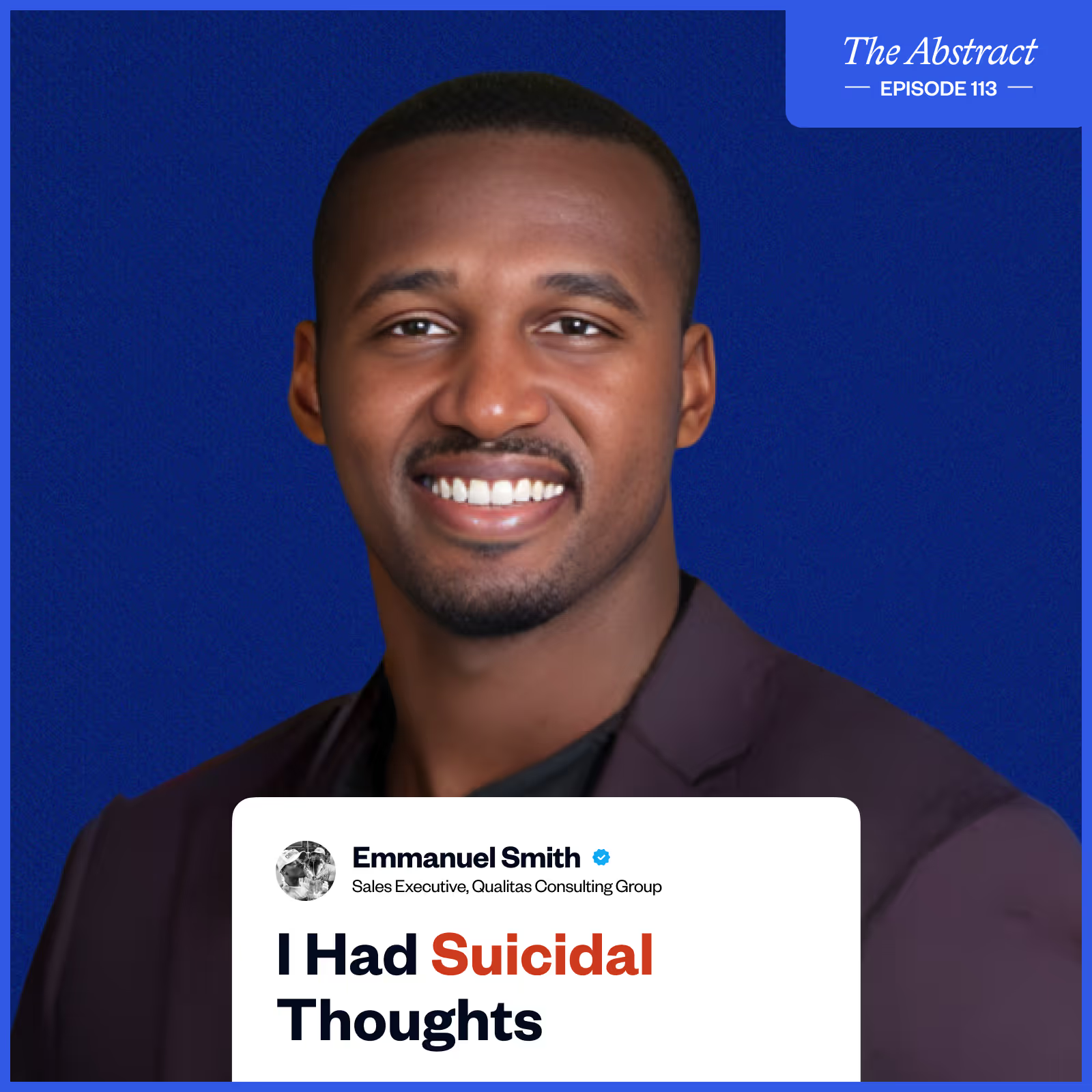

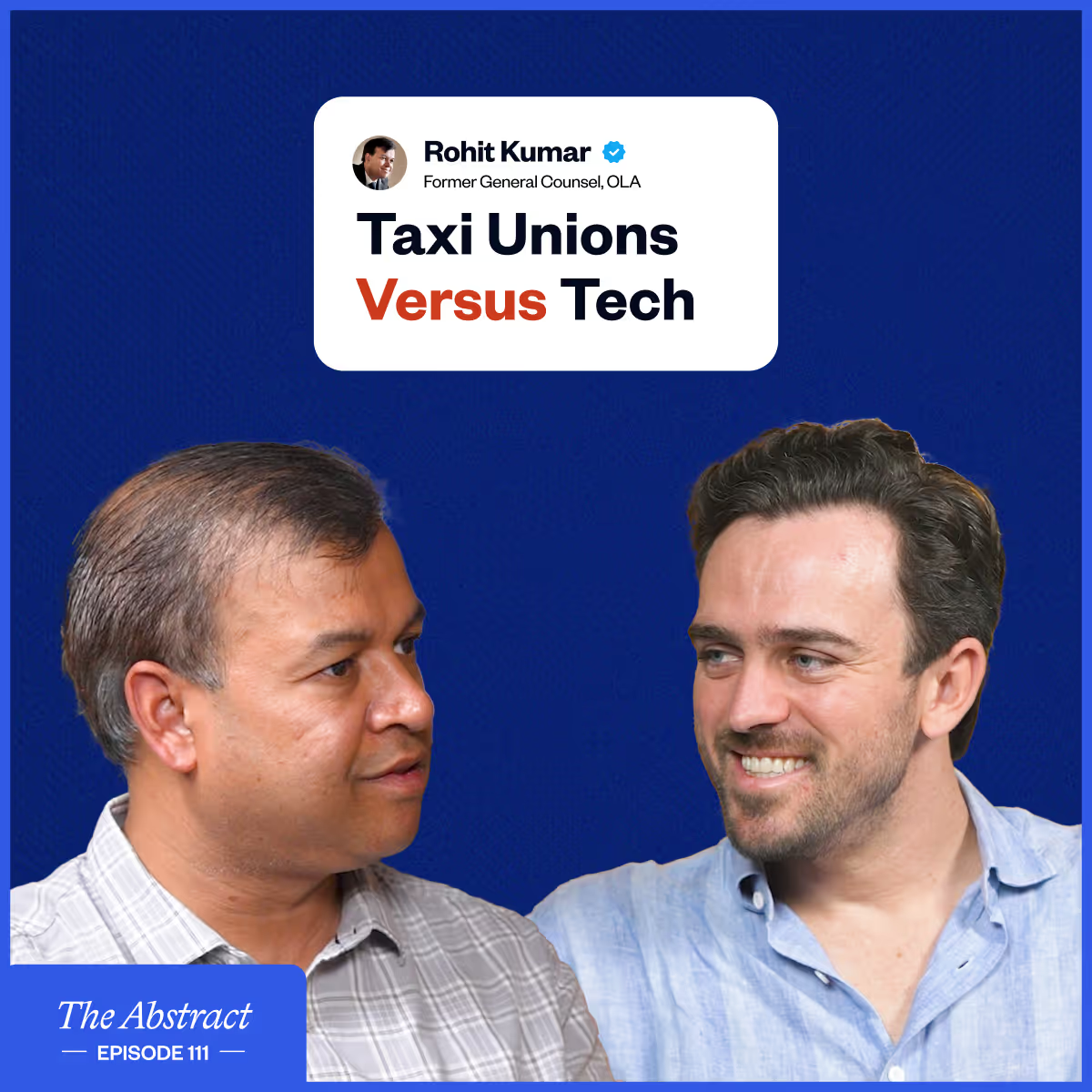
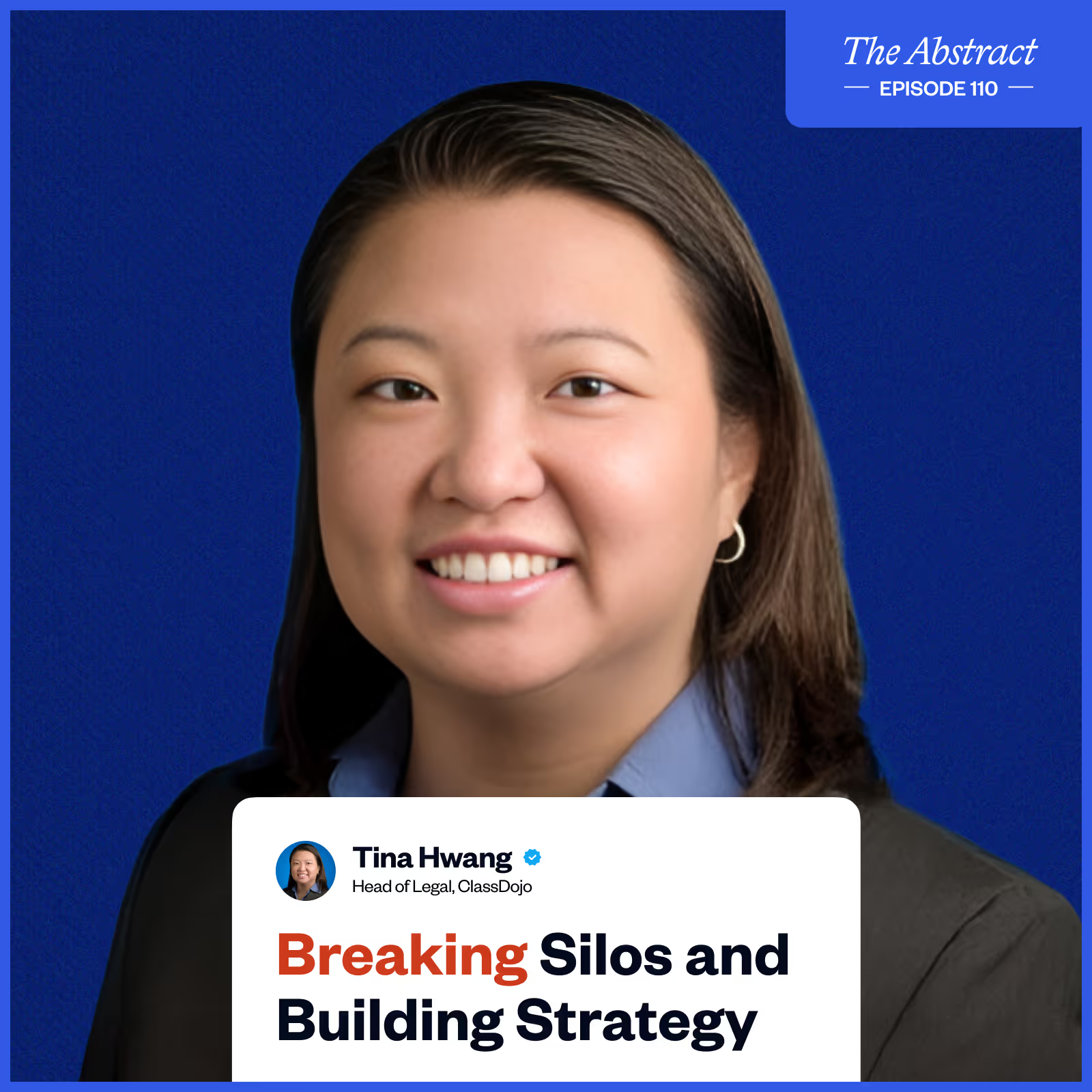
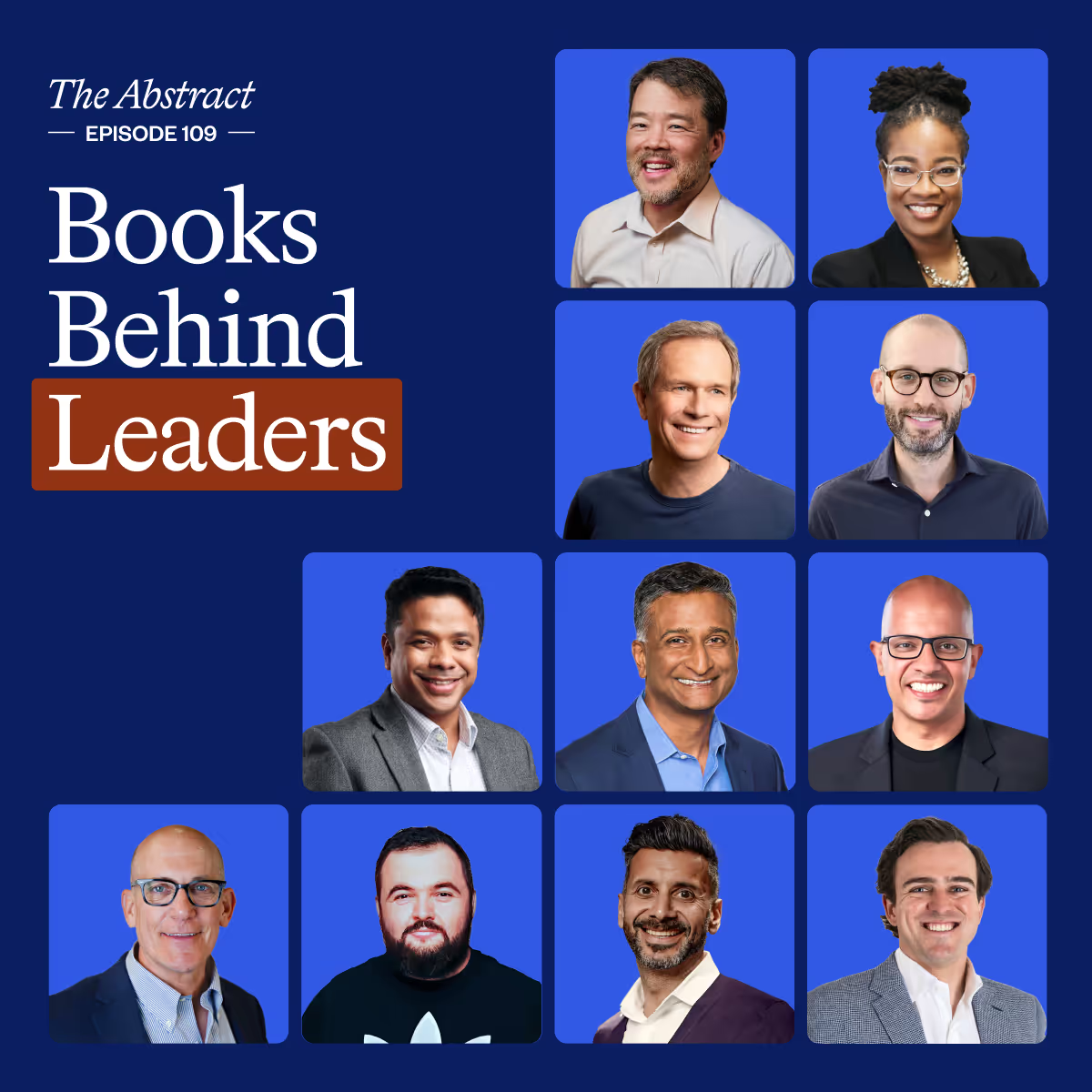

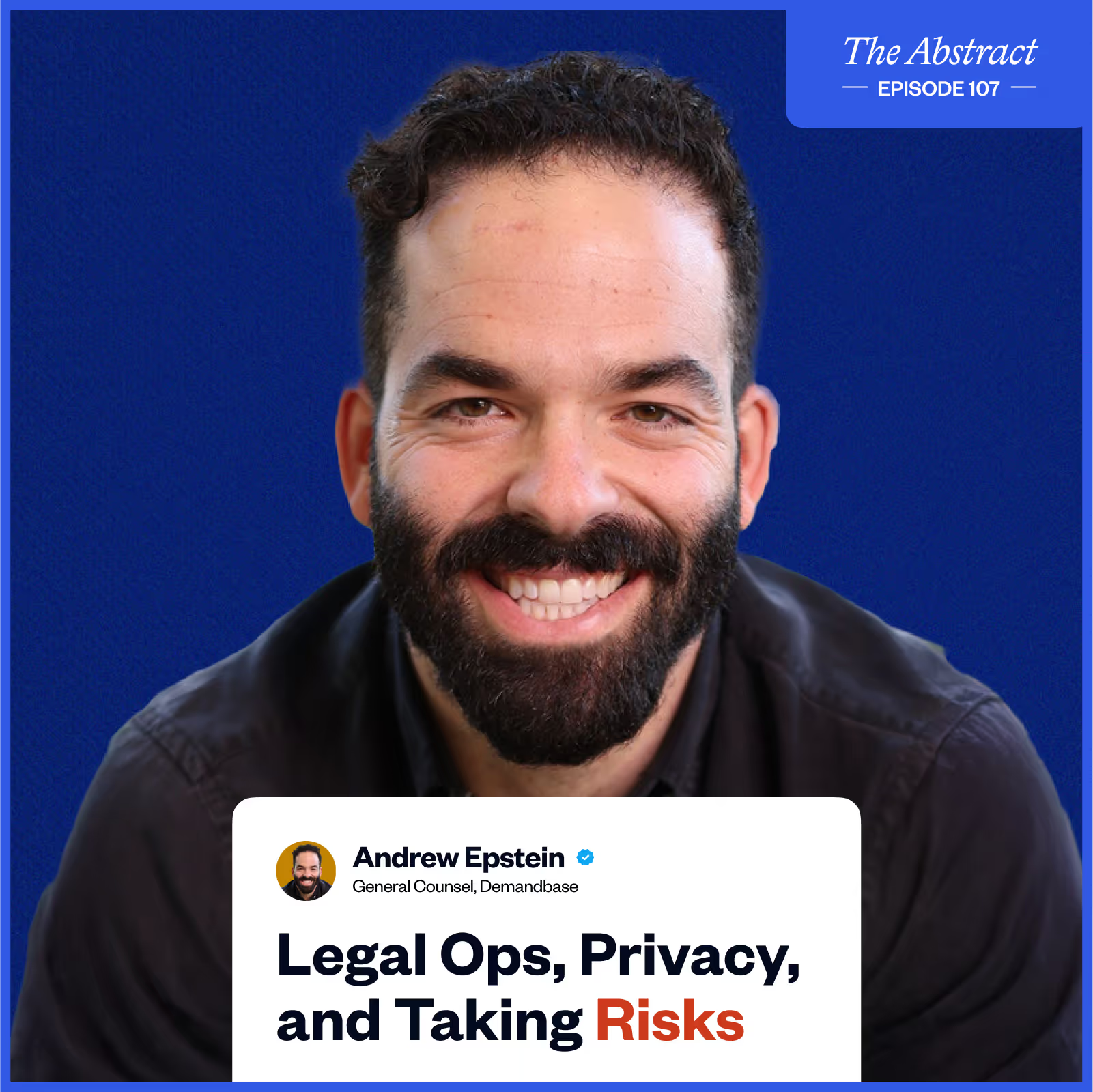


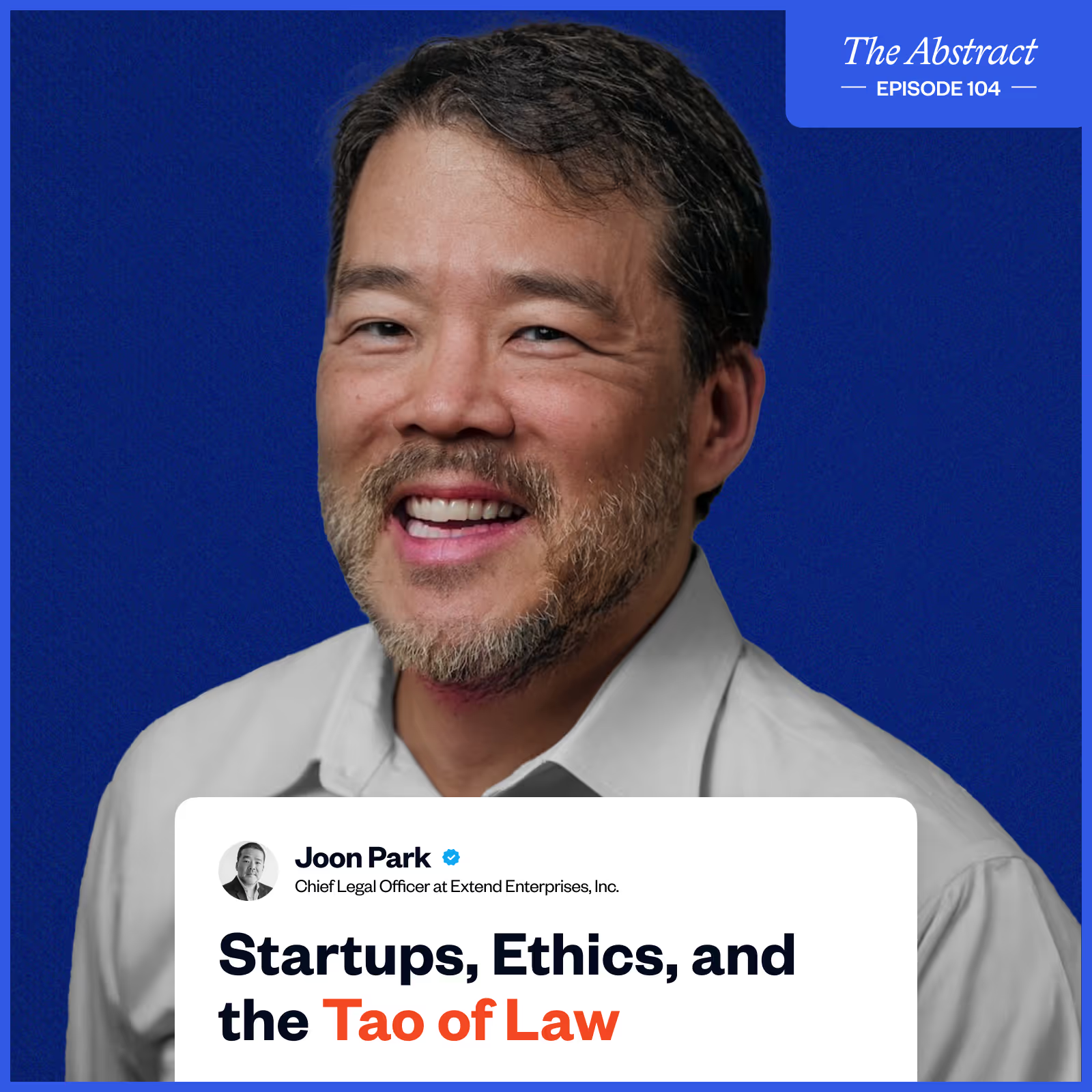

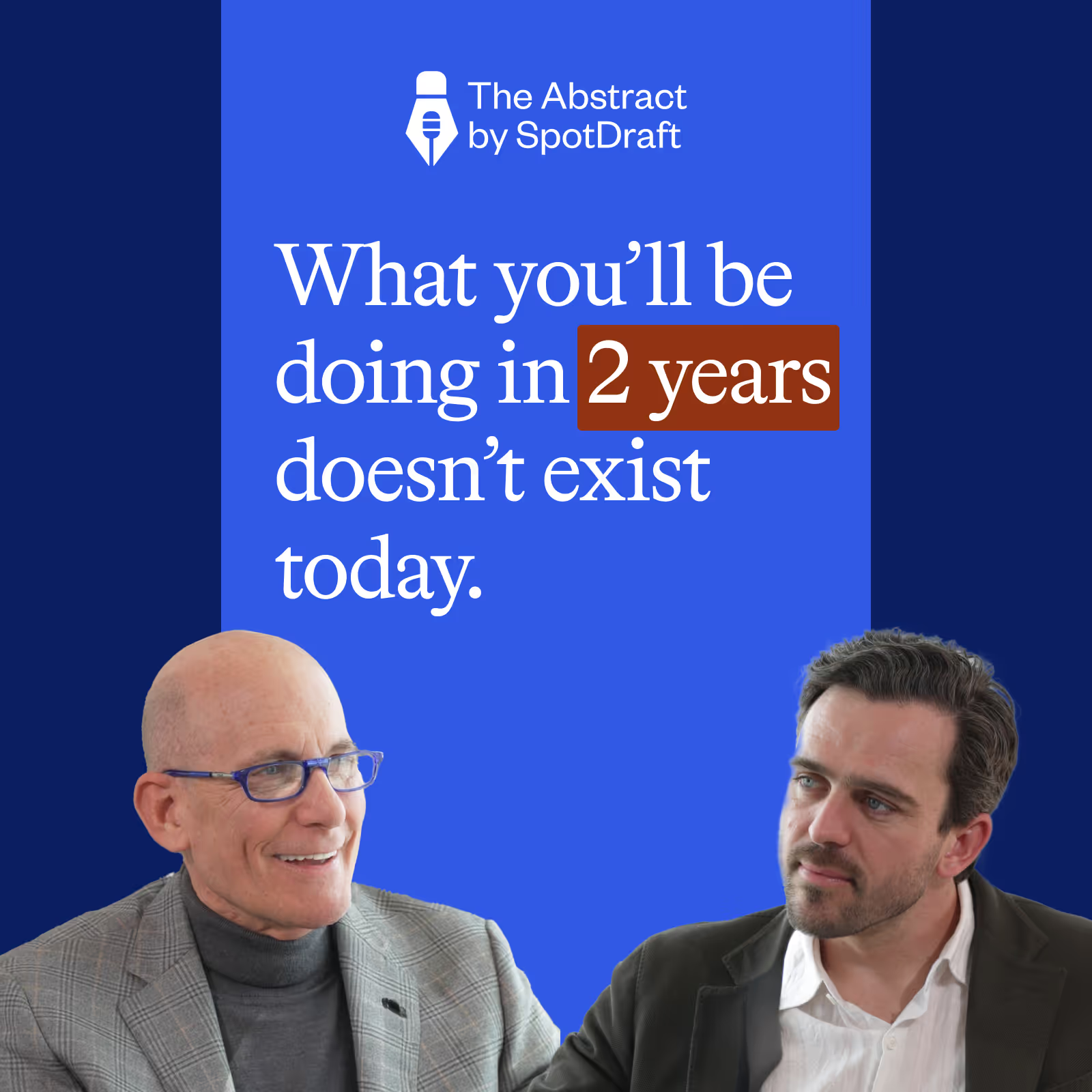
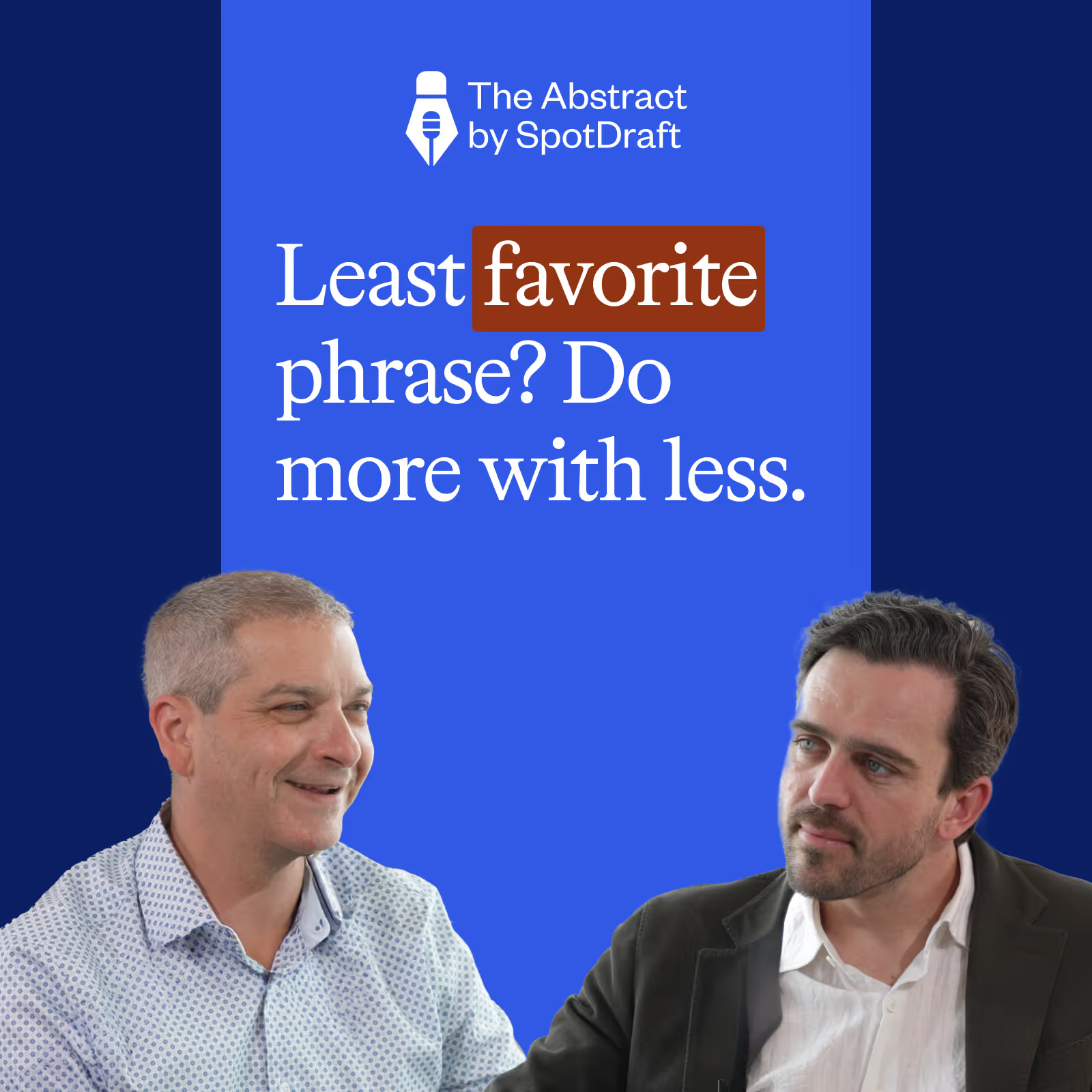


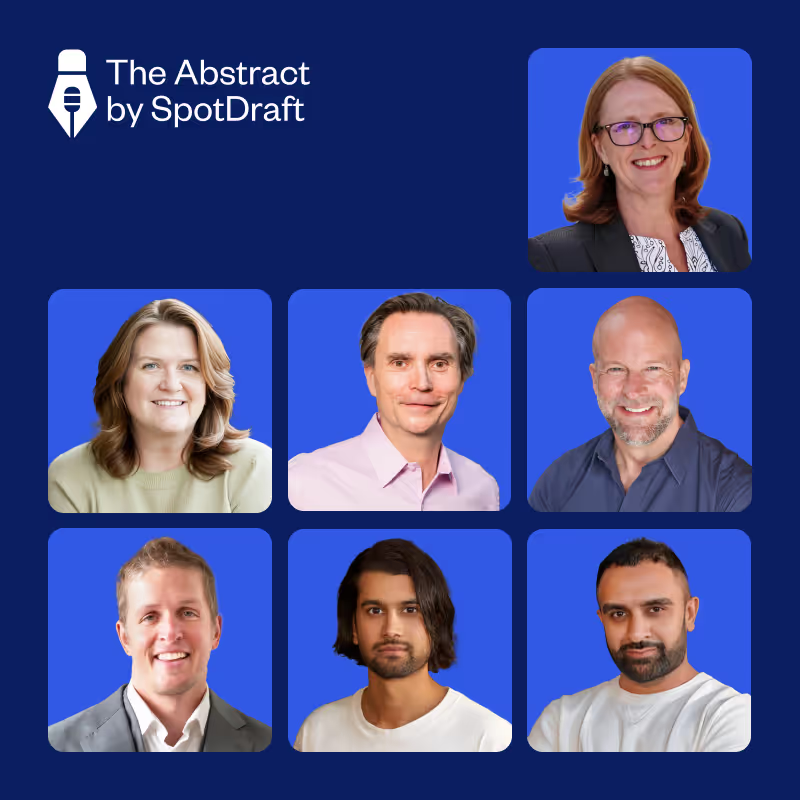



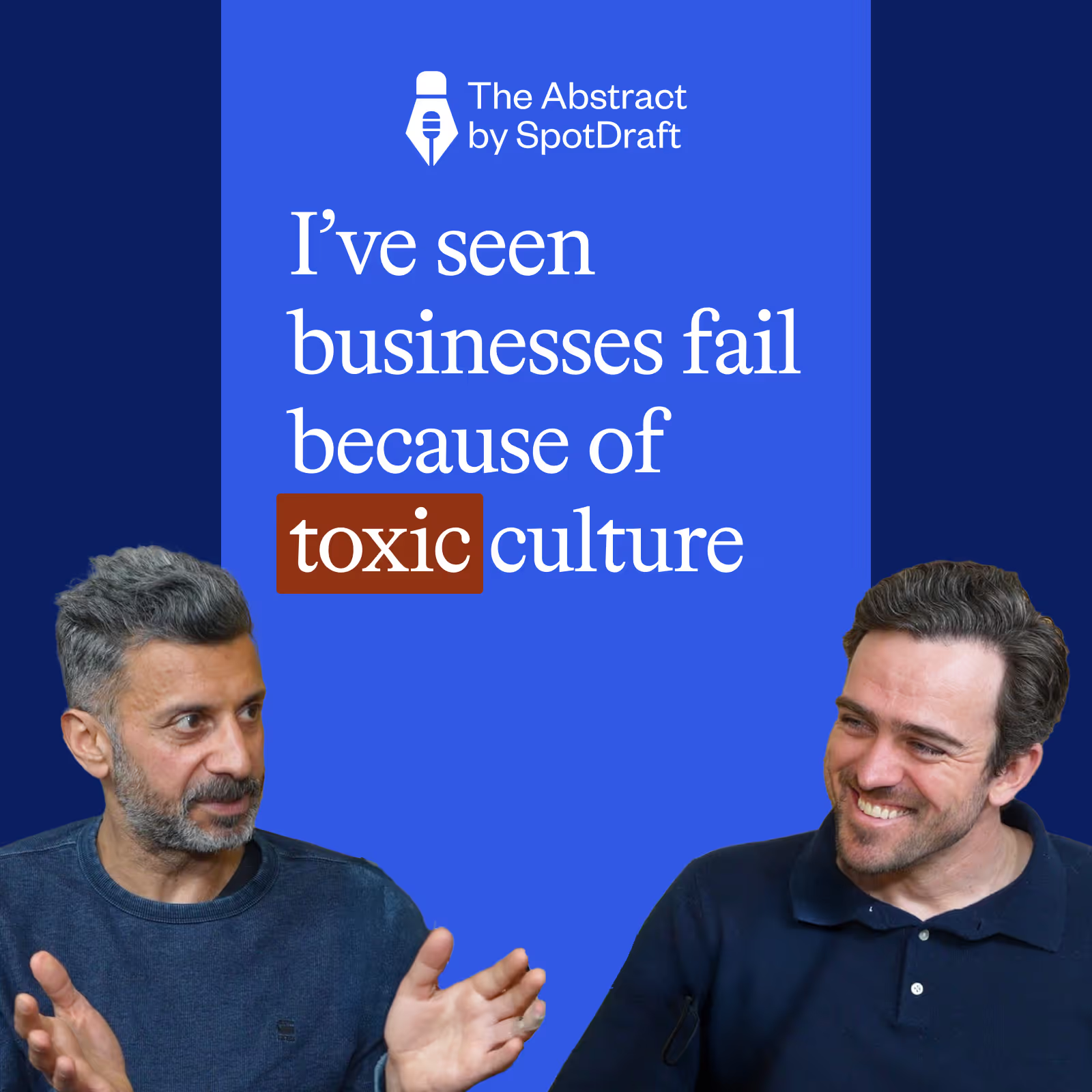

















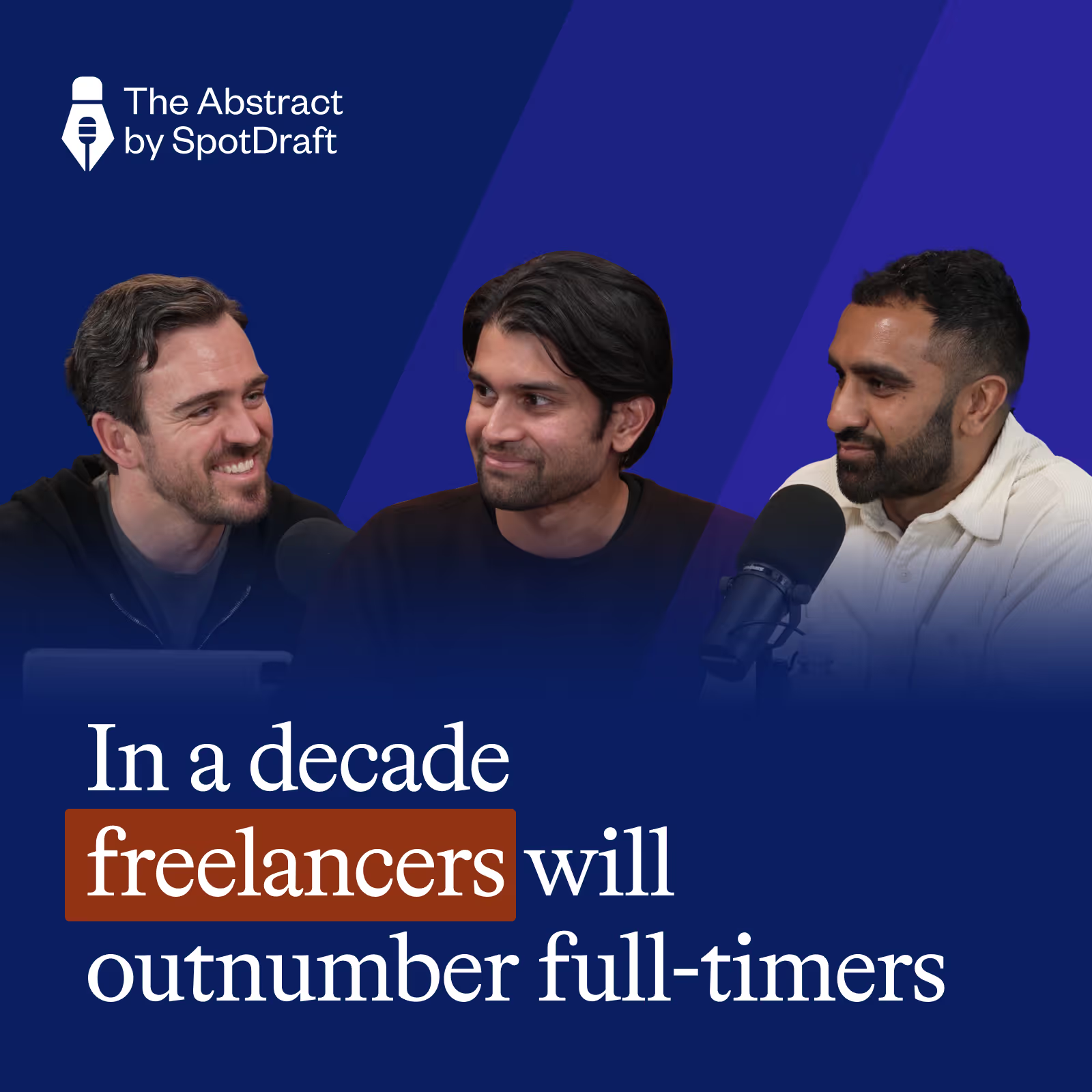











































.avif)







.avif)








